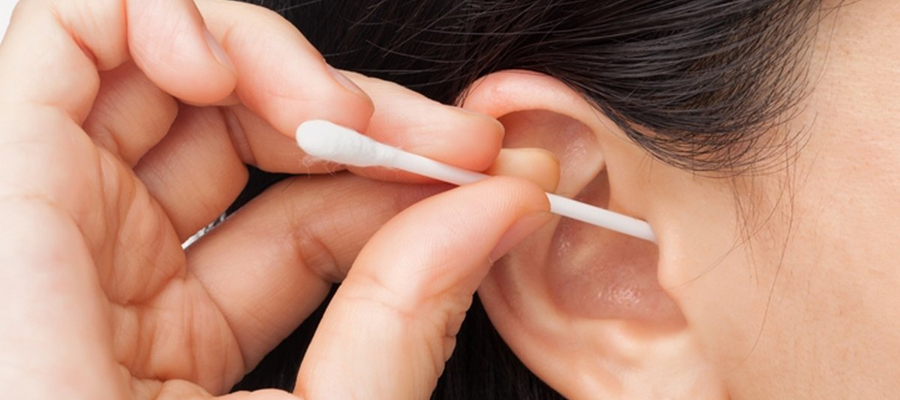
Estimated reading time: 3 minutes and 13 seconds
Ear Cleaning
Professional Ear Cleaning Services at Aktif International Hospitals
Ear cleaning is an essential aspect of maintaining ear health and hygiene. Excessive earwax buildup or impactions can lead to discomfort, hearing loss, and increased risk of ear infections. At Aktif International Hospitals, we offer professional ear cleaning services performed by experienced healthcare providers to safely and effectively remove earwax and debris, promoting optimal ear health and function for our patients.
Frequently Asked Questions
What is ear cleaning, and why is it important?
Ear cleaning, also known as aural hygiene, involves the removal of excess earwax (cerumen) and debris from the ear canal to maintain ear health and function. Ear cleaning is important for several reasons, including:
- Preventing earwax buildup: Excessive earwax accumulation can obstruct the ear canal, leading to hearing loss, discomfort, and increased risk of ear infections.
- Improving hearing: Removing excess earwax and debris can improve sound transmission and enhance hearing acuity, especially for individuals with impacted earwax or blockages.
- Preventing ear infections: Proper ear cleaning can help prevent ear infections by removing bacteria, fungi, and other microorganisms that thrive in moist, dark environments such as the ear canal.
- Alleviating discomfort: Ear cleaning can relieve symptoms such as itching, pressure, or fullness in the ears caused by earwax buildup or impactions.
How is ear cleaning performed?
Ear cleaning is typically performed using gentle techniques and specialized instruments to remove earwax and debris from the ear canal. Common methods of ear cleaning include:
- Irrigation: Ear irrigation, also known as ear syringing or ear lavage, involves flushing the ear canal with warm water or saline solution using a syringe or irrigation device to soften and dislodge earwax and debris.
- Suction: Ear suction involves using a suction device or vacuum system to gently remove earwax and debris from the ear canal without irrigation.
- Manual removal: Manual ear cleaning techniques may be used to gently scoop or scrape earwax and debris from the ear canal using specialized tools such as curettes or loops.
Is ear cleaning safe?
Ear cleaning is generally safe when performed by trained healthcare professionals using appropriate techniques and equipment. However, certain individuals may be at increased risk of complications or injury from ear cleaning, including those with:
- History of ear surgery or ear canal abnormalities
- Tympanic membrane perforation (eardrum rupture)
- Ongoing ear infections or inflammation
- Suspected or confirmed foreign body in the ear canal
It is important to avoid using cotton swabs, bobby pins, or other objects to clean the ears, as these can push earwax deeper into the ear canal, leading to impactions, injuries, or infections.
When should I seek professional ear cleaning?
You should consider seeking professional ear cleaning if you experience any of the following symptoms or conditions:
- Ear pain or discomfort
- Hearing loss or muffled hearing
- Ear fullness or pressure
- Itching or irritation in the ears
- Earwax buildup or impactions visible in the ear canal
- History of recurrent ear infections or impacted earwax
Trust Aktif International Hospitals for Professional Ear Cleaning Services
At Aktif International Hospitals, we understand the importance of ear health and hygiene in maintaining optimal hearing and well-being. Our team of experienced healthcare providers is dedicated to providing professional ear-cleaning services using safe and effective techniques to ensure the health and comfort of our patients. Whether you require routine ear cleaning or treatment for earwax impactions, you can trust Aktif International Hospitals to deliver high-quality care with compassion and expertise. Schedule your ear cleaning appointment with us today and experience the difference at Aktif International Hospitals.
Author: Ufuk Konca


 TR
TR